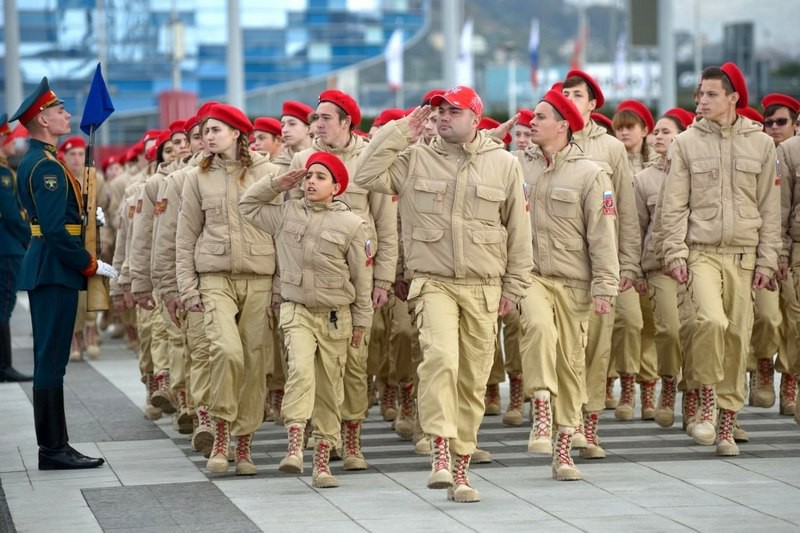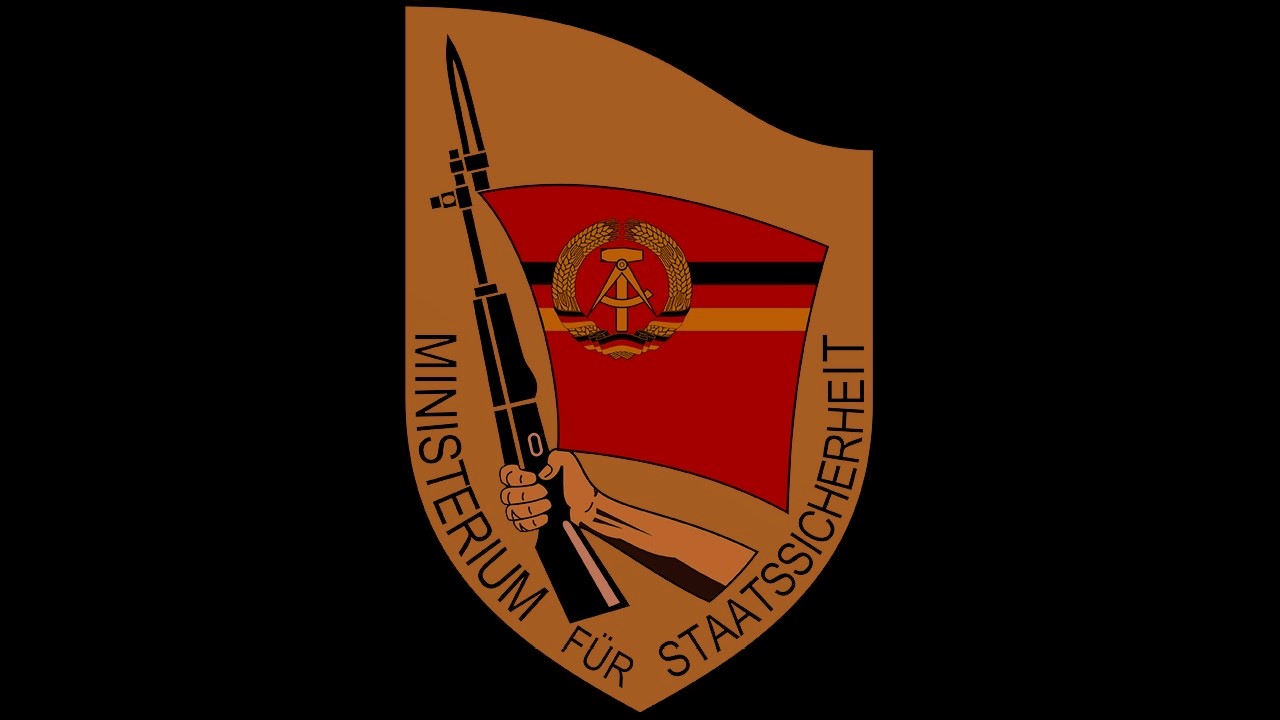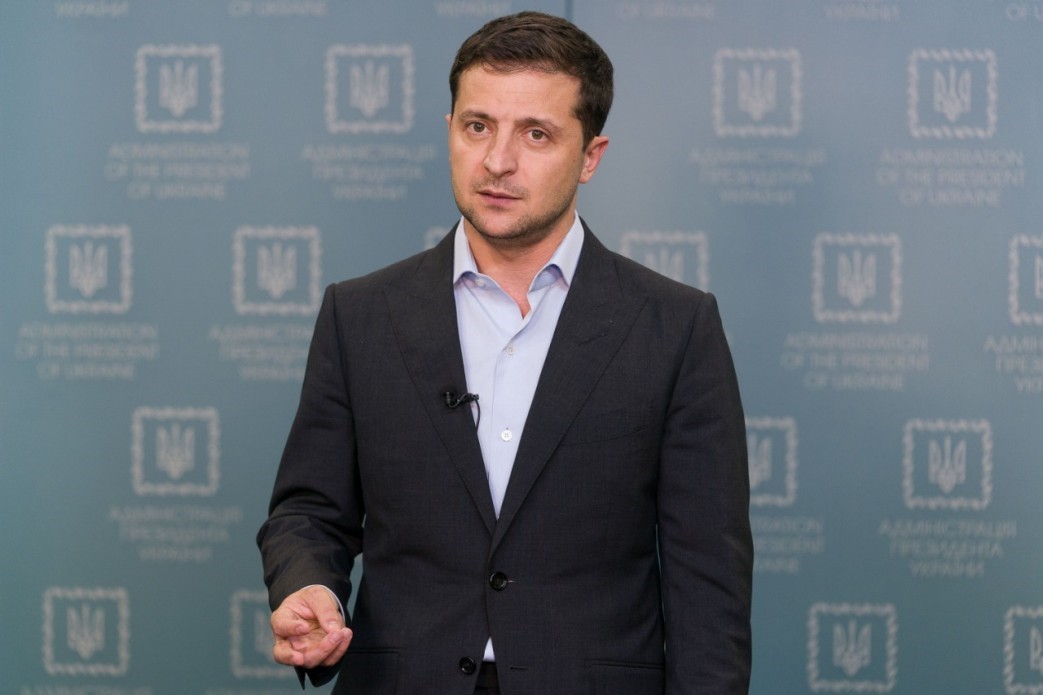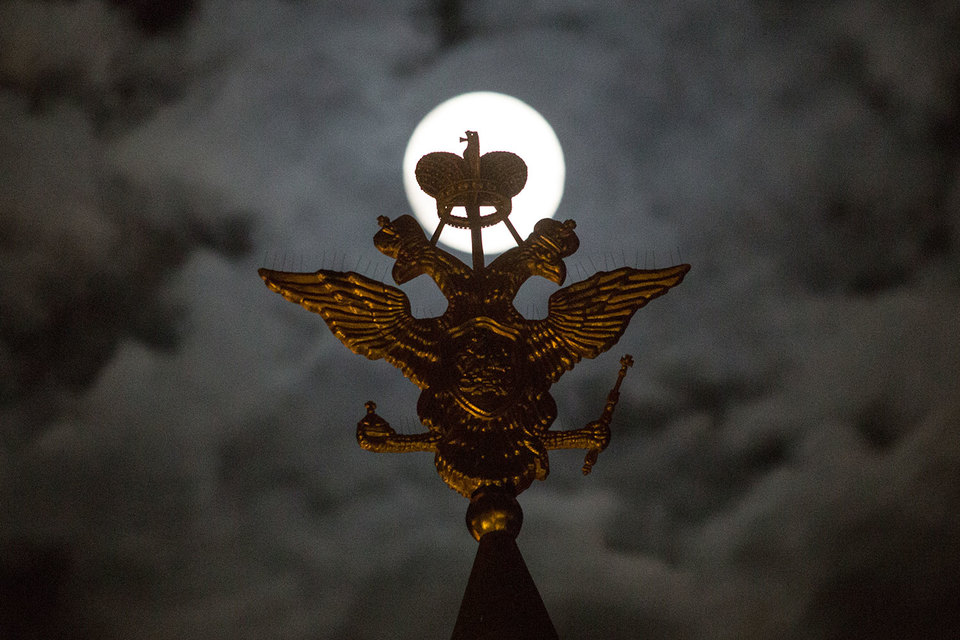What is already taking place, the HSE scholar says, is the formation of “a medieval strata-based society” where people’s legal status depends on their membership in one or another and where these are almost completely fixed (desk-russie.eu; in Russian at graniru.org).
“The main aspect of bourgeois revolutions was the establishment of equality of all before the law,” Medvedev says. “But in Russia this equality has been taken away from people” and “the country has become one of total inequality.” Worse, this has been accepted by the overwhelming majority of the population.
Ever fewer Russians say that what the Kremlin has done to Alexei Navalny is wrong, a trend which “shows that people accept the state’s right to use force in relation to a citizen” and that the people recognize and accept “their own lack of rights.” Moreover, there has been “a normalization of force and terror” because of the state’s use of it.
Those Russians who oppose this trend can emigrate; but if they remain in their own country, they either have to be willing to face severe consequences or adapt. Few will choose the first, and most will simply try to get along, given that the standard of living is not that bad for most.
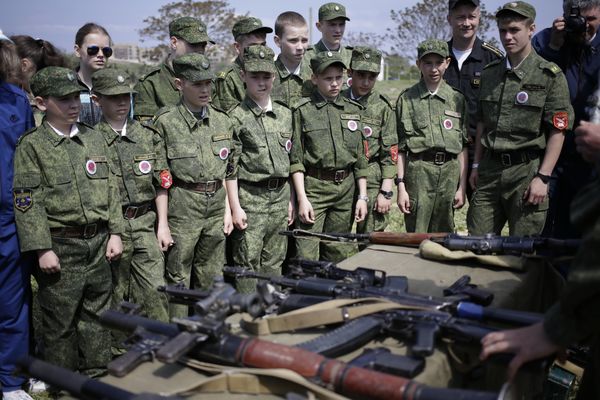
The possibilities for the West to do something are severely limited, as “any dollar or euro received from abroad may lead to the persecution of an individual or organization.” Consequently, what is needed is the formation of “new centers of Russian culture in which the intellect of the nation will be preserved.” And these centers will be abroad.
Inside Russia, the Kremlin has created and imposed a quasi-religious cult of militarism and war. In Soviet times, people said “let there not be war.” Now, Russians are encouraged to think that they can repeat their victory.
In fact, Medvedev argues, “this is more than a religion; this is a government ideology” despite the constitutional ban against such things.
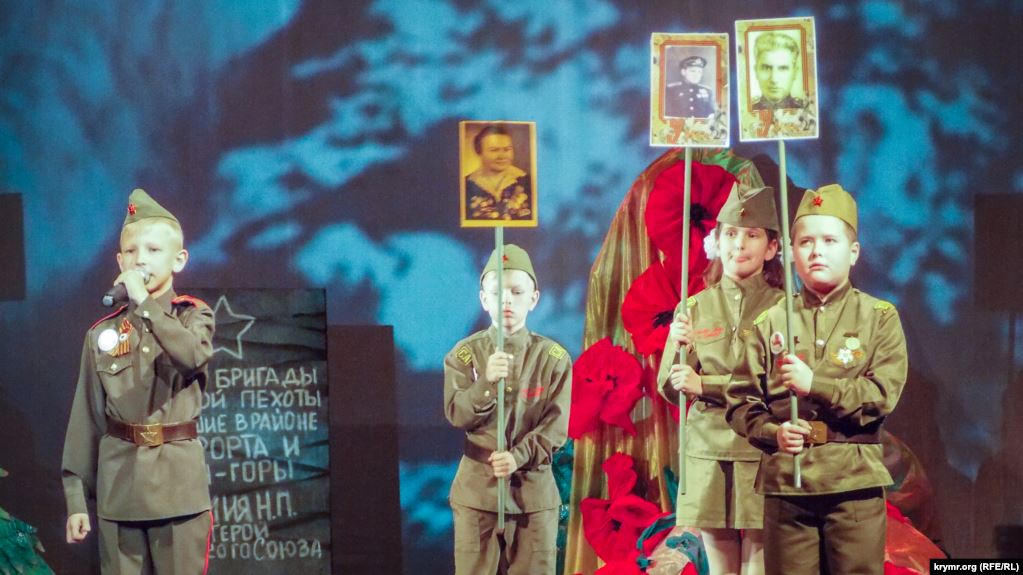
When Vladimir Sorokin wrote The Day of the Oprichnik in 2006, his vision of such an anti-utopia in Russia seemed grotesque and unimaginable. But now what he predicted is becoming true, especially as “Russia is becoming the younger brother of China, its vassal,” and as China is filled with hatred to the West.
The only limiting factor is that “in Russia, as always, the cruelty of law will be softened by the fact that it won’t always be enforced. This will not be a dictatorship of the North Korean type or an ideological one like Iran. It will be a corrupt thieving post-modernist Russian dictatorship.”
Read More:
- How Russia will try to sue Ukraine in the European Court of Human Rights
- Russians relocated to occupied Crimea now make up one-third of the population, experts say
- Putin views Ukraine as “the anti-Russia” and the struggle against it as his mission, Shevchuk says
- Putin’s essay on Russia and Ukraine about far larger issues than that, Yavlinsky says
- Under the guise of human rights and anti-globalization: how Russian influence agent Alexander Ionov works
- “Agents,” “undesirable,” “extremists” — how modern Russia combats dissent
- Moscow seized control of Russian émigré group in US to promote Kremlin policies in Ukraine
- Alternative history: how Russia seeks to annex Kyivan Rus

